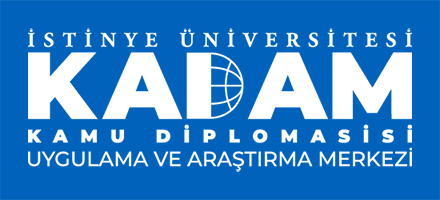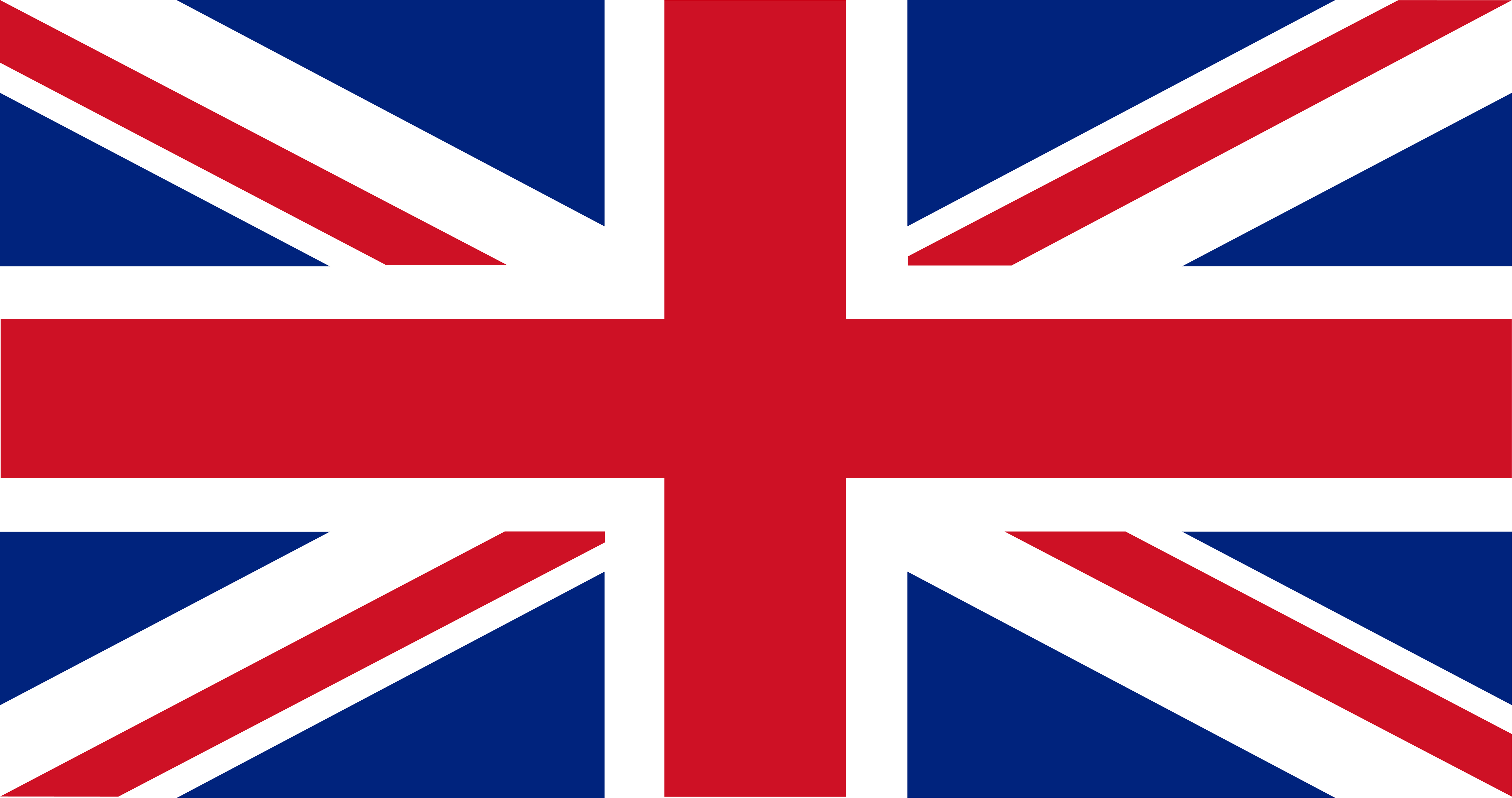Public Diplomacy

Three years before the establishment of the Republic in Turkey and shortly after the establishment of the Turkish Grand National Assembly, the General Directorate of Press and Intelligence was established with Law No. 1920 on June 7, 1920. The history of this institution, which later became the General Directorate of Press and Information, dates back even further. Since the Press Directorate, which was established in 1862, remained in Istanbul, a new structure was established in Ankara to explain to the world the legitimacy of the liberation struggle during the War of Independence. Even before the Turkish Grand National Assembly was officially opened on April 23, 1920, Anadolu Agency was established on April 6, 1920, with the initiative of Mustafa Kemal Pasha, as the channel of the voice that the Ankara government wanted to announce to the world. These organizations are proof of the importance given to communication and public diplomacy by Gazi Mustafa Kemal, the victorious leader of the War of Independence and the founder of the Republic of Turkey. With the War of Independence and the Republic, the foundations of the new Turkish state and how to design a modern state and society were tried to be explained to the world in the most effective way with the limited resources of the day.
The Republic of Turkey, which is on its way to becoming a modern state, has created its public diplomacy discourses with this identity since its establishment. It has become a strong central country in its region with the messages it gives to the world with the immutable principles of our Constitution, democratic, secular, social state of law and peaceful foreign policy. Turkish public diplomacy has continued to develop in different processes and with different forms and effects over time. As Turkey has developed, its public diplomacy potential has also developed and it has taken a determined stance against the various and challenging international problems it faces.
Public diplomacy discourses regarding the problems faced by Turkey in its international relations and the issues that are their extensions or brought to the agenda with current developments are in harmony with our national interests that determine our current foreign policy strategies. Thus, Turkey's economy, manpower, cultural values and soft power were formed. If we look at the history of our public diplomacy, we see that after the Second World War, the Cold War and the Soviet threat, Turkey was included in the Western alliance and public diplomacy was shaped around and within itself this threat. Turkey's public diplomacy was mobilized in the face of the Cyprus problem that emerged since the fifties and the necessity of being active in this national cause. It is known that the activities carried out through the General Directorate of Press and Information consist of efforts to explain the correct stance on Cyprus to the world and the fight against Greek propaganda.
The Armenian ASALA terrorism, which started with the martyrdom of two Turkish diplomats in the USA in 1973, forced Turkey to be more active in this field. Since the early 1980s, many publications and events against Armenian claims have emphasized the unreality of these claims. The Cyprus Peace Operation, carried out in 1974, resulted in the diversification and increase of activities in the field of public diplomacy. In the following years, Turkey's foreign policy towards full membership in the European Union has become one of the main issues of public diplomacy. Meanwhile, new developments such as the increasing problems of Turks living in European countries, increasing racism, hostility towards Islam and Turks in these countries have led to the diversification of cross-border public diplomacy activities.
The differentiation and aggravation of the external problems facing Turkey have necessitated an effective structuring in the field of public diplomacy. Over time, it became clear that public diplomacy, which generally involves reactivity rather than prevention, would not be successful, and the requirements for target analysis, target focus and measuring the results of activities with appropriate methods began to be discussed. It is increasingly recognized that the act of reacting to a crisis after it has occurred, rather than preemptively confronting a long-anticipated crisis, is often an expression of helplessness. For example, the so-called "Armenian genocide" decision, taken using Turkish-origin deputies in the parliament of the Federal Republic of Germany (Bundestag), was brought to the agenda after a long preparation period, and the perception effort for effective prevention and change before the decision taken on June 2, 2016 was inconclusive. One of the most important reasons for this is undoubtedly that anti-Turkey groups have been working very effectively towards their goals for a long time and have reinforced the perception of anti-Turkey sentiment. This perception is a thousand-year-old negative perception of Turks that has settled in collective memories from history. On the other hand, responding to such a deep-rooted negative perception will only be possible with a sophisticated approach, infrastructure and long-term practices. For this purpose, "Public Diplomacy Coordination" was established within the Prime Ministry in 2010 and a step was taken in terms of structuring.
Although there were similar structures in the Prime Ministry before, this new unit can be considered as the first serious step taken to meet the need for a more radical organization. However, this structuring will not continue and after the transition to the Presidential Government System in 2018, the current General Directorate of Press, Publication and Information was restructured, this time under the names of "Presidential Communications Directorate" and "Public Diplomacy Department". It was established under this presidency. It is known that this unit carries out concept and strategy studies with broad stakeholder participation.
Apart from these developments, some new structures that have emerged in Turkey in recent years also show the level of serious approaches to public diplomacy. "Turkish Cooperation and Development Agency" (TIKA), which was established under the Ministry of Foreign Affairs in the early 1990s and made very positive contributions to Turkey's image abroad, today operates as the "Turkish Cooperation and Coordination Agency". "Within the Ministry of Culture and Tourism. The "Presidency for Turks Abroad and Related Communities" (YTB), which is also affiliated with the Ministry of Culture and Tourism, and the "Yunus Emre Foundation" and "Yunus Emre Institutes", which have disappeared for many years and provide cultural services, provide services in many countries. are structures that fill important gaps in our country's public diplomacy. During the Covid-19 epidemic, Turkey showed the importance it attaches to humanitarian diplomacy by delivering medical aid to the countries in need of the world through the Red Crescent and AFAD. As a matter of fact, Turkey, which is one of the countries that provides the most foreign aid compared to its national income In recent years, it has witnessed very serious public diplomacy initiatives, especially towards African countries.
Turkey has the soft power necessary to gain psychological effectiveness in the outside world with its position in the world and its economic, political and cultural power, history, deep-rooted state tradition, young and dynamic population structure and manpower. However, it is possible for this power to be effective with the structuring and practices required by the public diplomacy technique, depending on the objectives. Turkish public diplomacy has the ability to take Turkey to another level from where it is today, with a structure that recognizes its own power. Scientific methods, competent manpower, strong political will, strategic thinking and the power to quickly implement the decisions taken, as well as effective inter-institutional coordination, are important elements for Turkey to gain perceptual and psychological effectiveness. Since the use of today's advanced communication technologies in public diplomacy is not sufficient, the "story" of the country to be told must be determined and activities must be continued on this basis. It is an important element to determine target-oriented discourse with strategic approaches in every field and subject.
Although it is known that Turkish public diplomacy will be successful in proportion to the country's current level of development and hard and soft power, it is deemed necessary to make more use of some important tools. The first and most important of these vehicles are the Turks, whose number exceeds six million and who have acquired the citizenship of the country they visit. Studies have been carried out with Turkish communities abroad in the past and today. Today, this function is carried out by the Presidency for Turks Abroad and Related Communities (YTB). This important potential power is the Turkish presence abroad, which we define as the "cross-border community". Empowering Turks living abroad in the countries they live in, ensuring that they benefit equally from the economic and social opportunities offered, trying to keep their education levels as high as possible and strengthening their ties with Turkey will make it possible to strengthen their ties with Turkey. This is successful public diplomacy through citizens.
Turkish public diplomacy actually has a high chance of success. For this, strong academic support is extremely important. Meanwhile, considering that the theoretically existing approaches originate from countries with experience in the field of public diplomacy, it is thought that it will be possible to work with different concepts, taking into account their history, geography, economic, political, cultural and social potential. In Turkey, special conditions other than public diplomacy techniques will also be effective in determining the public diplomacy strategies of a country and it would be appropriate to focus on new approaches for this purpose. Even new approaches towards Turks outside Turkey gain importance in terms of Turkey's different position and have a distinguishing feature from other countries. However, as mentioned above, academic support remains the most determining factor in this field. Strengthening the institutional infrastructure will increase the impact of Turkish public diplomacy and will also contribute to the brand value of the country.


